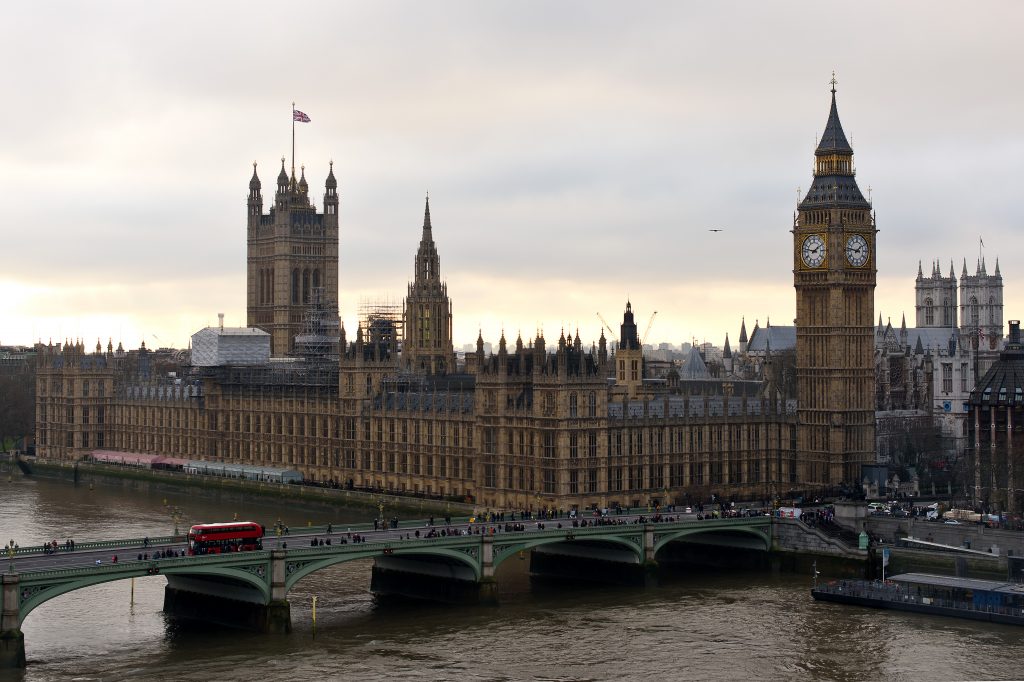
- Select a language for the TTS:
- UK English Female
- UK English Male
- US English Female
- US English Male
- Australian Female
- Australian Male
- Language selected: (auto detect) - EN
Play all audios:
------------------------- * * X.com * Facebook * E-Mail * * * X.com * Facebook * E-Mail * Messenger * WhatsApp * Dieser Beitrag stammt aus dem SPIEGEL-Archiv. Warum ist das wichtig? Tuesday
saw a dramatic turn in the months-long poker game being played around the sale of ailing US carmaker General Motors' European subsidiaries. GM's board decided to abandon its
decision to sell Opel and Vauxhall, its European subsidiaries. The decision came after months of speculation over who would buy the beleaguered car company, which has factories in Germany as
well as the United Kingdom, Spain, Poland and Belgium and has been on the verge of financial collapse since its American parent company declared bankruptcy in June. Those months were
followed by weeks of negotiations between various interested parties, including potential investors in Russia and Canada and the German government. Fotostrecke Photo Gallery: Opel's
Long Odyssey Ends Foto: INA FASSBENDER/ Reuters In September the decision was made to sell Opel and Vauxhall to a consortium of investors that included Canadian-Austrian car parts supplier
Magna and Russia's Sberbank. In the original deal, Magna and Sberbank would get a 55-percent stake in Opel, with GM retaining 35 percent and the remaining 10 percent going to workers.
On Tuesday afternoon, the results of these negotiations were scrapped. "Given an improving business environment for GM over the past few months, and the importance of Opel (and)
Vauxhall to GM's global strategy, the GM board of directors has decided to retain Opel and will initiate a restructuring of its European operations in earnest," read the press
release from the Detroit-based parent company. In the press release, GM CEO Fritz Henderson said that the company would now formulate its own plans for restructuring the company and present
them to all the governments of the countries where Opel and Vauxhall have plants. "We understand the complexity and length of this issue has been draining for all involved,"
Henderson said. "However, from the outset, our goal has been to secure the best long-term solution for our customers, employees, suppliers and dealers, which is reflected in the
decision reached today. This was deemed to be the most stable and least costly approach for securing Opel/Vauxhall's long-term future. While strained, the business environment in Europe
has improved," he added. "At the same time, GM's overall financial health and stability have improved significantly over the past few months, giving us confidence that the
European business can be successfully restructured." GM HAD PERSISTENT DOUBTS ABOUT DEAL GM had never been very thrilled about the idea of selling to Magna and Sberbank -- among other
things, there were reservations the company would lose its share of the European market and forfeit technological advances to Russian automakers. Another press release issued by GM earlier
Tuesday offered further explanations for the decision. It said that the previous month's sales of the company's core brands -- including the Chevrolet, Buick and Cadillac brands,
which make up the great majority of GM's business -- had risen 4 percent compared to the previous October. It was the firm's first sales increase in 21 tough months. Although
Henderson was conciliatory, thanking all of those who had spent time and energy on the deal, the decision left many in Germany angry. SPIEGEL first reported on Oct. 23 that the number of
votes on the GM board opposed to the sale had been growing and that top managers at the carmaker wanted to keep Opel and Vauxhall. Through state banks, the German government had provided
€1.5 billion in bridge financing to the company to buy time for a new owner to be found. Almost half of GM's 54,000-strong global workforce is located in Germany; Spain has the next
highest number of Opel employees, with around 7,000 workers. The German government also promised a further €4.5 billion in aid. Angela Merkel even lobbied the Obama administration to push
for her government's favored investors, Magna and Sberbank. Early in September, GM caved, declaring the company would sign a deal with Magna and Sberbank. But while the Germans were
pleased with the outcome, almost immediately there were accusations that Germany had had too much influence over the negotiations. Politicians in other countries where Opel and Vauxhall
also operated and where closures and layoffs were planned, accused the Germans of protectionism and unfair competition. DELAY CAUSED BY EUROPEAN COMMISSION COULD HAVE HAD IMPACT EU's
Competition Commissioner Neelie Kroes then investigated whether state funds were being used improperly. The deal appeared to be on shaky ground, once again, until late in October when the
European Commission decided they would not investigate the matter. One explanation for that decision was that the case was so complex it would take months to investigate and the chairman of
the Opel trust reported that the company only had liquidity until mid-January. If the firm were to go under while the investigation was proceeding, the European Commission might well be
blamed for its collapse. Kroes did say in a statement, however, that "GM and the Opel Trust should be given the opportunity to reconsider the outcome of the bidding process." And
some analysts are already saying that this delay, along with an improvement in business conditions, contributed to GM's change of heart. The German government regretted GM's
decision, Ulrich Wilhelm, a spokesperson for Merkel's government, said in a statement on Wednesday. "An investment process that was being intensively undertaken by all parties --
including GM -- for over six months has been aborted," Wilhelm said. And German Economics Minister Rainer Brüderle added that GM's turnaround was "completely
unacceptable," that plans for restructuring should be presented as quickly as possible and that workers' rights must be a priority. GERMAN UNIONS THREATEN INDUSTRIAL ACTION IF GM
KEEPS OPEL Chancellor Merkel -- who had just given a by-all-accounts triumphant speech to the joint houses of the US Congress and who had had a pleasant 30-minute meeting with President
Obama -- was already on a plane home when news of the decision broke late Tuesday. Although the US government, which bailed GM out after it filed for bankruptcy, is now the company's
majority shareholder, "the (Obama) administration was not involved with this decision, which was made by GM's board of directors," Meg Reilly, a US Treasury spokesperson, told
_Reuters_ in an e-mailed statement. Meanwhile, representatives of Germany's unions -- who had already agreed to concessions and cost-cutting measures, including giving up bonuses and
pay increases, to aid the Magna deal -- also expressed concern. Klaus Franz, the head of Opel's works council, told the Dow Jones news agency that workers would not be as enthusiastic
about helping GM retain Opel and threatened that workers might conduct warning strikes in protest of the decision as soon as Thursday or Friday. The government in Berlin as well as state
governors had negotiated aggressively to ensure that none of Opel's four German plants would be closed. Roland Koch, governor of the state of Hesse where thousands of Opel workers are
employed at the company's headquarters and main plant in Rüsselsheim near Frankfurt, was particularly upset. "I am very shocked and at the same time, I am angry that months-long
efforts to find the best possible solution for Opel in Europe have failed, due to GM," Koch complained. "And due to negative experiences with GM's business policies over the
past few years, I have major concerns about the future of the (Opel) business and the jobs there." Additionally, Koch called for the prompt repayment of the €1.5 billion bridging
finance provided by the German government to be repaid promptly. The loan expires on Nov. 30. GM SAYS IT WILL PAY GERMAN TAXPAYERS BACK The next step will be for GM to present its
restructuring plans to various European governments; the company estimates plans should only cost the company €3 billion, two-thirds of which could potentially still come from the German
government. This cost would be less than restructuring planned by any of Opel's possible investors, GM reported. Nevetheless, it is thought that around 10,000 Opel jobs might still be
lost and that three or four plants could close across Europe. As for the €1.5 billion the company owes the German government, a GM spokesperson has already stated the company is prepared to
return the money if asked. Dirk Pfeil -- a member of the Opel trust established by the German government to look after Opel's affairs when GM went into bankruptcy, who has always been
opposed to the Magna deal and who says it makes more sense for GM to keep their European subsidiaries themselves -- told Reuters that Opel had only actually used €1.1 billion of the credit
line extended to the company and that €200 million has already been repaid.






